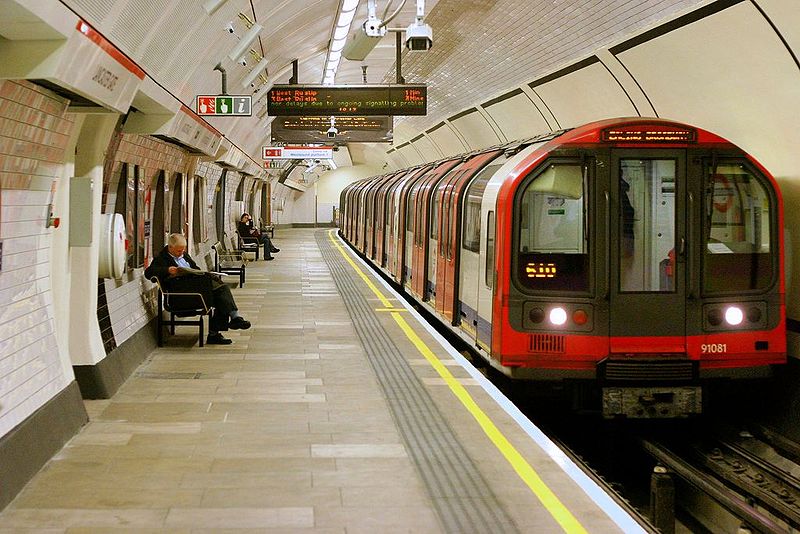

During the recent election campaign for the Mayor of London, a number of candidates were keen to point out how open data could help create smarter local government. Some used Transport for London as a model example. Here, Martin Howell, director of external affairs at Cubic Transportation Systems, outlines how open data can transform mass transit networks, despite wider concerns.
The growing focus on data protection, driven partly by stronger legislation and partly by consumer pressure, has put the debate on the benefits of open data somewhat on the back burner.
The continuing spate of high-profile data breaches and the abuse of public trust in the form of constant bombardment of automated calls, spam emails and clumsily ‘personalised’ advertising has done little to further the open data agenda. In fact it left many consumers feeling lukewarm about the prospects of organisations opening up their data feeds, even at a promise of a better service in return.
That’s a worrying trend. In many industries effective use of open data can lead to development of solutions that address some of the major challenges populations are faced with today, allowing for faster innovation and adaptability to change. There are significant ways in which individuals, and society as a whole could benefit from open data, if organisations and governments get data sharing right.
An open data system, where commuters use a single travel account for all travel transactions and information – whether that’s public transport, walking, using the bike, using Uber, and so on, would give the city unprecedented insight into how people commute and what’s behind their travel choices.
The key to engaging the public with this is the condition that data is used responsibly and for the greater good. Currently, Transport for London (TfL) operates a meet-in-the-middle model. Consumers can travel anonymously on the TfL network, with only the point of entry and point of exit being recorded, and the company provides that anonymised data to third-party app developers who can then use it to release useful travel applications.
TfL doesn’t profit from sharing consumer data but it does enjoy the benefits that come with it. Third-party travel applications make it easier for commuters to use TfL’s network and make the service itself appear more efficient – in short, everyone benefits.
Let’s now imagine a scenario that takes this mutually beneficial relationship a step forward, with consumers willingly giving up some information about themselves to the responsible parties (in this case, the city) and receiving personalised service in return. In this scenario, the more information commuters can provide to the system, the more useful the system can be to them.
Apart from providing personalised travel information and recommendations, such a system would have one more important benefit – it would enable cities to encourage greater social responsibility, extending the benefits from the individual to the community as a whole.
Quiz: What do you know about transport technology?
Continues on page 2
Page: 1 2
New addition. Next generation foundation model, as Amazon Nova model launches to perform actions within…
Head of artificial intelligence research at Meta Platforms has announced she is leaving the social…
No decision yet, after media reports CK Hutchison was to spin off its global telecom…
Ahead of 5 April deadline, Trump is to hold White House meeting over possible investors…
Apple fined 150m euros over App Tracking Transparency feature that it says abuses Apple's market…
OpenAI to release customisable open-weight model in coming months as it faces pressure from open-source…